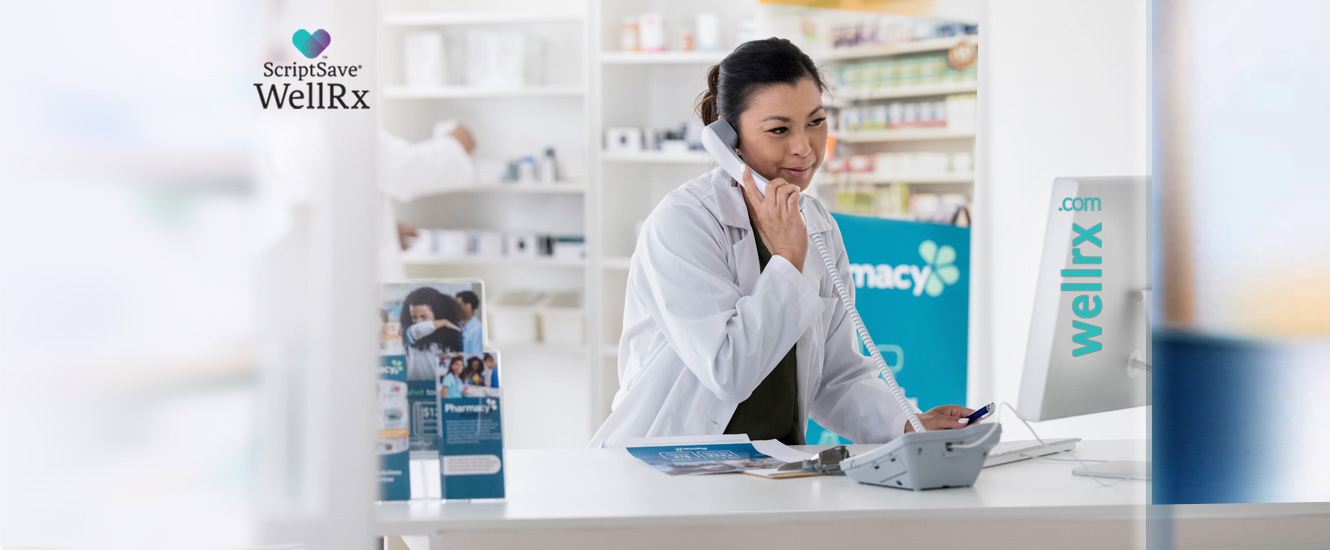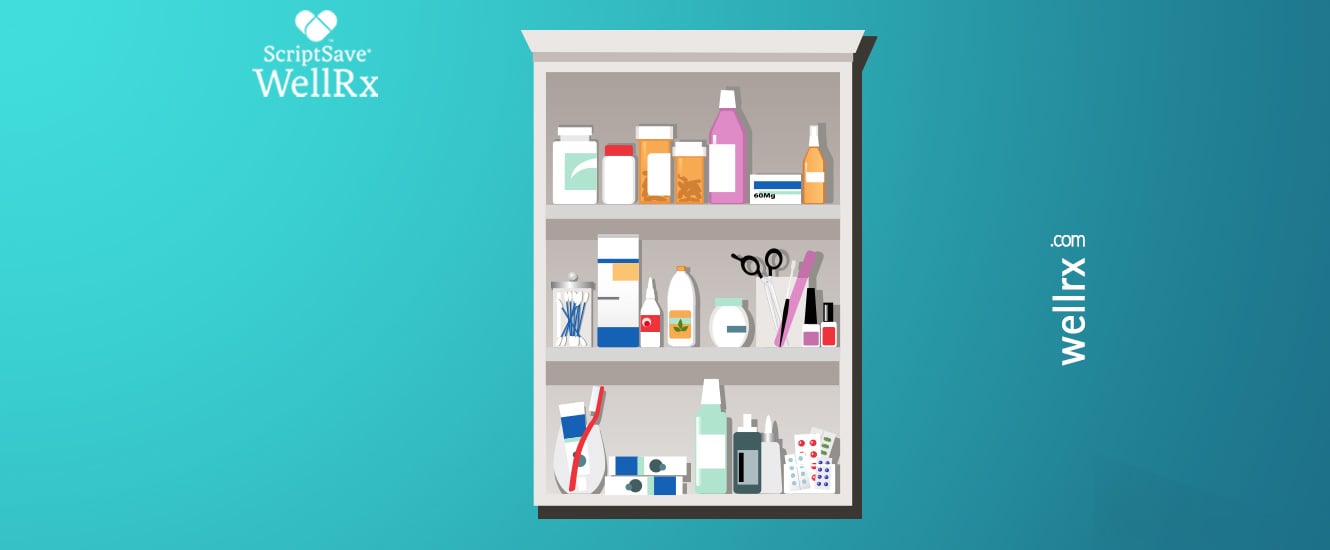According to the Centers for Disease Control and Prevention (CDC), conditions such as heart disease, lung disease, and kidney disease take the lead in numbers for death causes.
The right treatment and proper use of medications are intended to improve health outcomes and provide a better quality of life. It may seem that following your healthcare provider’s directions should be enough. Yet sometimes medications may cause unintended harm – this is called an adverse drug event (ADE). The CDC reports that adverse drug events cause approximately 1.3 million emergency department visits each year, with about 350,000 requiring hospitalization for further treatment. And as people live longer and take more medications, the risk of adverse drug events increases dramatically.
By preventing the risks of adverse drug events, pharmacists take on the role of gatekeeping medications.
The Community Pharmacist
You may know them as the pharmacist at your neighborhood drug store; the community pharmacists are the most easily accessible healthcare providers to the community. Whenever you pick up a new medication, the law requires that the pharmacist provides counseling to ensure your safety. Along with educating you on your medication, pharmacists are responsible for checking that the prescription is free of errors and does not interact with your other medicines or health conditions.
One drug example is the blood thinner Warfarin, commonly used to treat or prevent blood clots. While Warfarin can be life-saving, it does increase the risk of bleeding that can be dangerous to one’s safety. Warfarin is the only blood thinner that requires a consistent intake or lack of leafy greens and other foods with Vitamin K to avoid unwanted bleeding events. Warfarin interacts with lots of medications that may either make Warfarin work too well or not enough.
The community pharmacist’s role is to educate on diet recommendations and monitor minor signs and bleeding symptoms. Some minor bleeding risks include prolonged nose bleeds, bruises that appear for no reason or take a long time to heal, or bleeding gums. Additionally, they need to review severe signs and symptoms of bleeding such as vomiting or coughing up blood, or having blood in the urine or stool.
The Clinical Pharmacist
The clinical pharmacist works in hospitals or clinics alongside other providers to bring you the best quality care. Clinical pharmacists verify that medications prescribed are appropriate for your disease state and are not impacted by other body systems. The clinical pharmacist recommends the most appropriate medication options without increasing the risk for adverse drug events. They can monitor your labs, access medical history, and advise medical professionals on medication therapies. One example comes from the fact that medications must leave your body at some point, and some medicines depend on the kidney. Some medications may worsen your kidney function, leading to drugs building up in your body and causing unwanted side effects. A clinical pharmacist works to catch these changes and adjust medications to avoid further damage to the kidney and prevent other complications.
Another example of the work clinical pharmacists do is antimicrobial stewardship. Antibiotic resistance is becoming a world-wide issue that is the result of inappropriately prescribing antibiotics. Clinical pharmacists work alongside other infectious disease specialists to ensure that the patient’s situation matches an infection and that the antibiotics given are appropriate for it.
The Health Plan Pharmacist
The health plan pharmacist may be one area of pharmacy you are least familiar with because they work behind the scenes and less at the bedside. As medication experts, pharmacists work together with health plans to ensure members receive the highest quality drug therapy management.
One of the many ways pharmacists monitor adverse drug events is through Medication Therapy Management (MTM) programs or Drug Utilization Review (DUR) programs. The MTM services assess the medications you may be on to identify medication-related problems and offer counseling points to prevent any issues. The pharmacist works closely with the health plans to create a system to catch any potential concerns such as drug-drug interactions or drug-disease interactions.
The health plan pharmacist also calls patients at home to check on medications that may have unwanted adverse events. These calls help ensure the patient is safe and reduce the risk of being hospitalized. After the phone call, patients often feel relieved and realize that the pharmacist is there to help and serve their needs.
References:
Bushra R, Baloch SA, Jabeen A, Bano N, Aslam N. Adverse Drug Reactions: Factors and Role of Pharmacist in Their Prevention. J Ayub Med Coll Abbottabad. 2015 Jul-Sep;27(3):702-6. PMID: 26721044.
Centers for Disease Control and Prevention. National Center for Health Statistics. Leading Causes of Death. https://www.cdc.gov/nchs/fastats/leading-causes-of-death.htm. Accessed July 29, 2019.
National Institute on Drug Abuse. Overdose Death Rates. https://www.drugabuse.gov/related-topics/trends-statistics/overdose-death-rates. Accessed July 29, 2019.













 Store & manage your medication list
Store & manage your medication list Medication pricing updates
Medication pricing updates Pill & refill reminders
Pill & refill reminders Medication journal & mood log
Medication journal & mood log